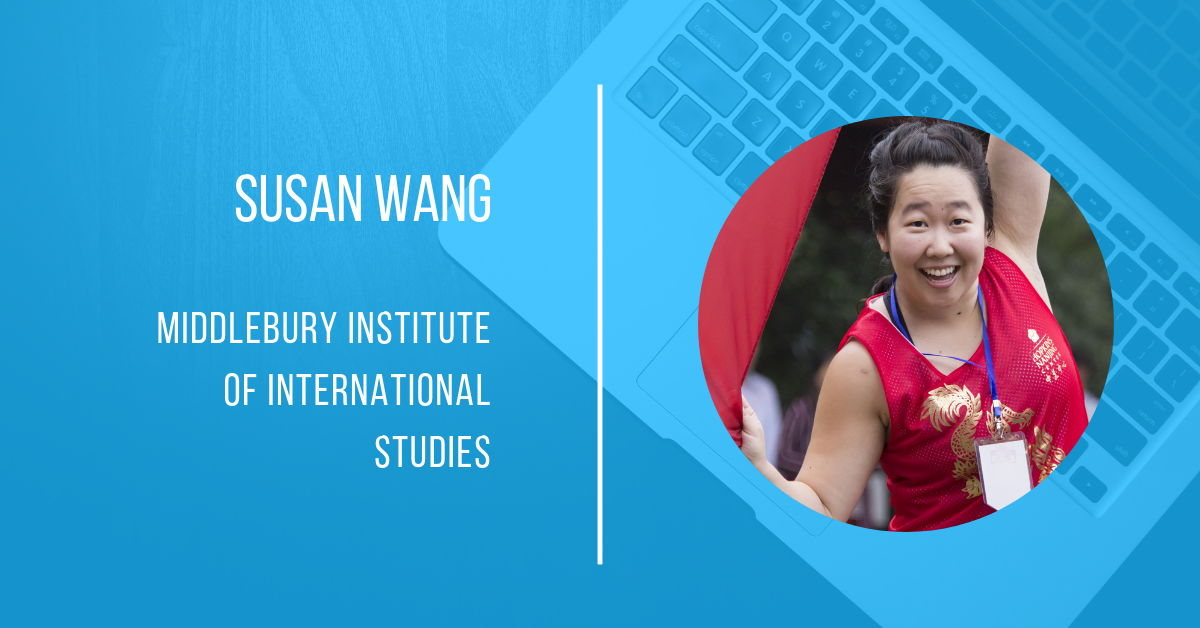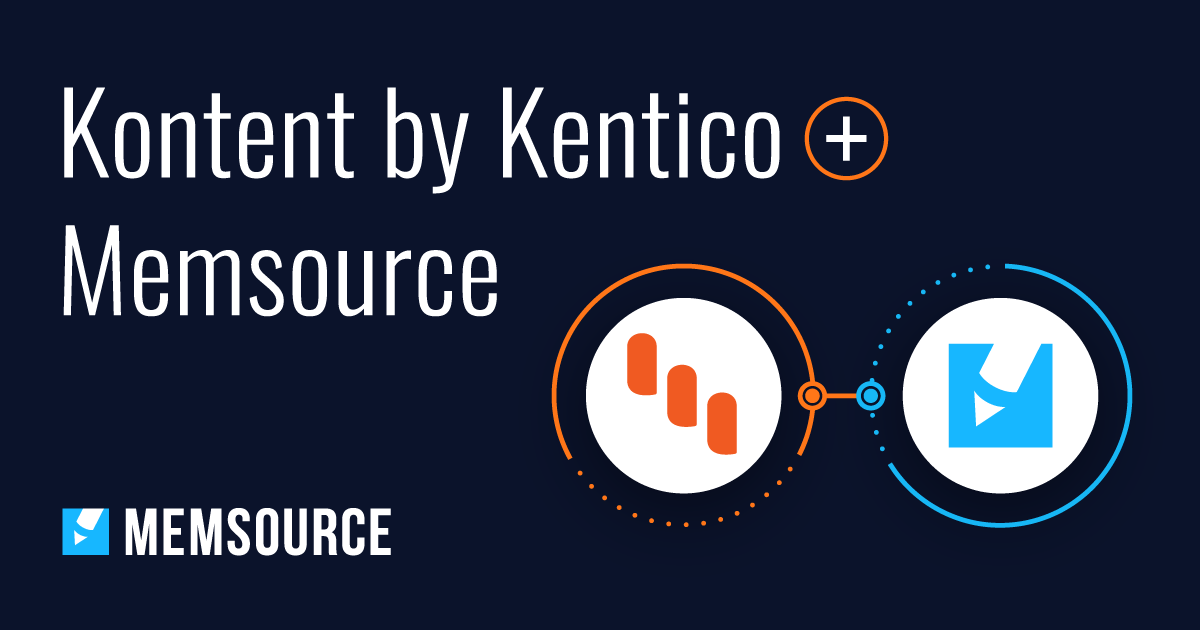
Blog
Contents
Machine Translation Report
What is the optimal MT Engine for you? Find out in the latest MT Report by Memsource.

Our Talent Endorsement Program has passed its pilot phase and has recently transformed into a full-scale project. While waiting with fingers crossed for the results of the first students promoted this year, we have interviewed one of the students that made this project possible—Susan Wang was the very first student to join the pilot a year ago.
“Localization, languages, and being an advocate for those who need a voice are what drives me to be a part of the L10n industry.” – Susan Wang, Middlebury Institute of International Studies graduate
Susan graduated from the Middlebury Institute of International Studies with a Master’s in Translation and Localization Management. In fact, when she got accepted into MIIS, initially she chose to study Translation and Interpretation, but it did not take long for her to realize her love for language and technology would be put to better use in the localization field.
Susan was introduced to Memsource around the start of her second year at MIIS. “I believe that my professor, Max Troyer, informed us of opportunities to work with Memsource and I jumped on the opportunity,” she says.
Was it important for you to learn to use translation technology during your studies?
Absolutely! Technology and translation are intertwined. One simply can’t translate without the assistance of any tool for that matter. Being flexible, open minded, and learning a wide range of CAT tools during my studies played a pivotal role in helping me win job opportunities during and after my time at MIIS. When I was interviewing for possible careers a few months before graduation, many of the companies were impressed that I was able to work with translation tools, project management tools, and especially that I knew how to localize software. Demonstrating to the interview panels that I had a breadth of knowledge in my areas helped me get noticed and back for second and final interviews.
Do you prefer working with translation agencies or your own direct clients?
I currently work for a translation agency. For now, this is definitely the speed that I’m comfortable with. Working for an agency has helped me gain confidence in handling clients versus on my own. Once I gain a few years under my belt, I may consider finding my own.
What do you specialize in?
My specialization is Localization Project Management. That means managing translations and localized content for major stakeholders. My previous career involved a lot of leadership, program management, and educating others. Rather than abandoning all the skills and experiences I gained, localization management seemed to be a perfect fit to further improve what I brought into my graduate program. At MIIS, I was able to apply those experiences into my coursework. My passion to advocate for those who don’t have a voice carried with me into localization. For example, in our localization practicum, my team got involved in localizing websites for nonprofits in the San Francisco Bay area, notably those advocating for women, minority, and LGBTQ rights.
Is the translation industry something you see yourself being part of in the future?
Absolutely. Growing up in a bilingual household to immigrant parents really left an impression on me that translation and communication are key to helping others. But it dawned on me how localization would further improve helping others, be it their health, social life, or their education in any country. Working for a company that is an engine room powering translations globally is something I’m really proud to be a part of.
Has any of the recent developments in the industry caught your attention?
It would be voice recognition technology, such as Siri, Alexa, and Cortana. During my last semester, I recall having a project that called upon our group to develop a marketing campaign for left-to-right (LTR) languages and present it to a panel of Bay area L10n industry experts. A panel judge grilled us with questions, challenging us to make our campaign stick. I vividly remember one question that essentially was “Why does it matter in the Middle East?” I replied back saying we need to think about those who can benefit—those who may not be seen in the majority of the Middle East. Localizing voice recognition into Arabic, Hebrew, Turkish, and other languages can help the disabled community, the deaf/blind, and the elderly. Those are the target markets we want to emphasize and help.
What is the role of Memsource at MIIS?
A pivotal one. We have been using Memsource in a number of courses, notably Website localization, localization practicum, and Advanced CAT Tools. We use Memsource as our main resource for translation projects. Over the last two years, we have been adding more projects, more languages, and making our TM and TB’s smarter and smarter. It’s as if it was a growing garden. Thanks to great plugins (e.g. Wordpress Memsource plugin), it was a seamless and adaptable tool when helping us power continuous website localization projects.
Interested in training students with the help from Memsource? It is easy!


